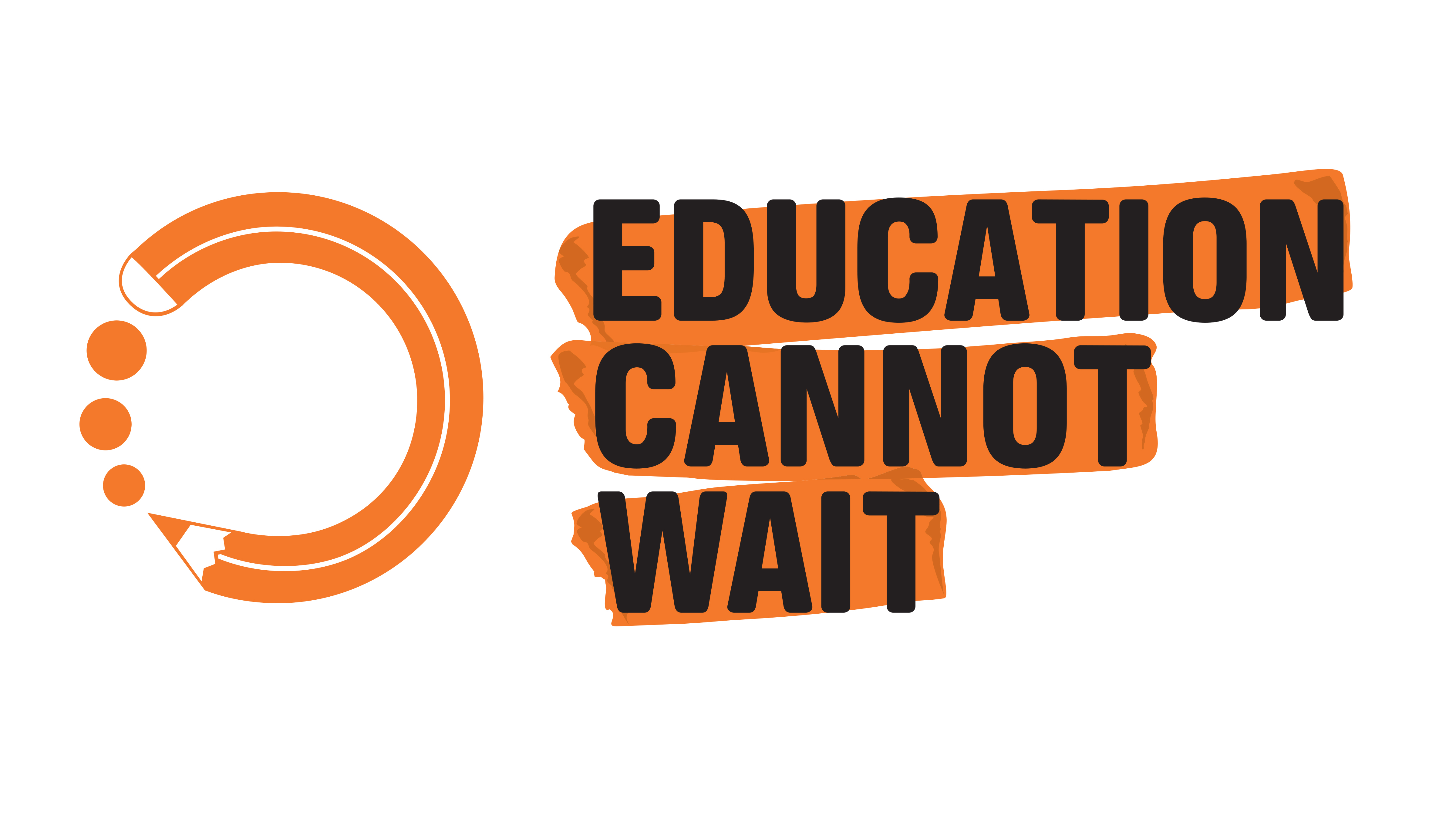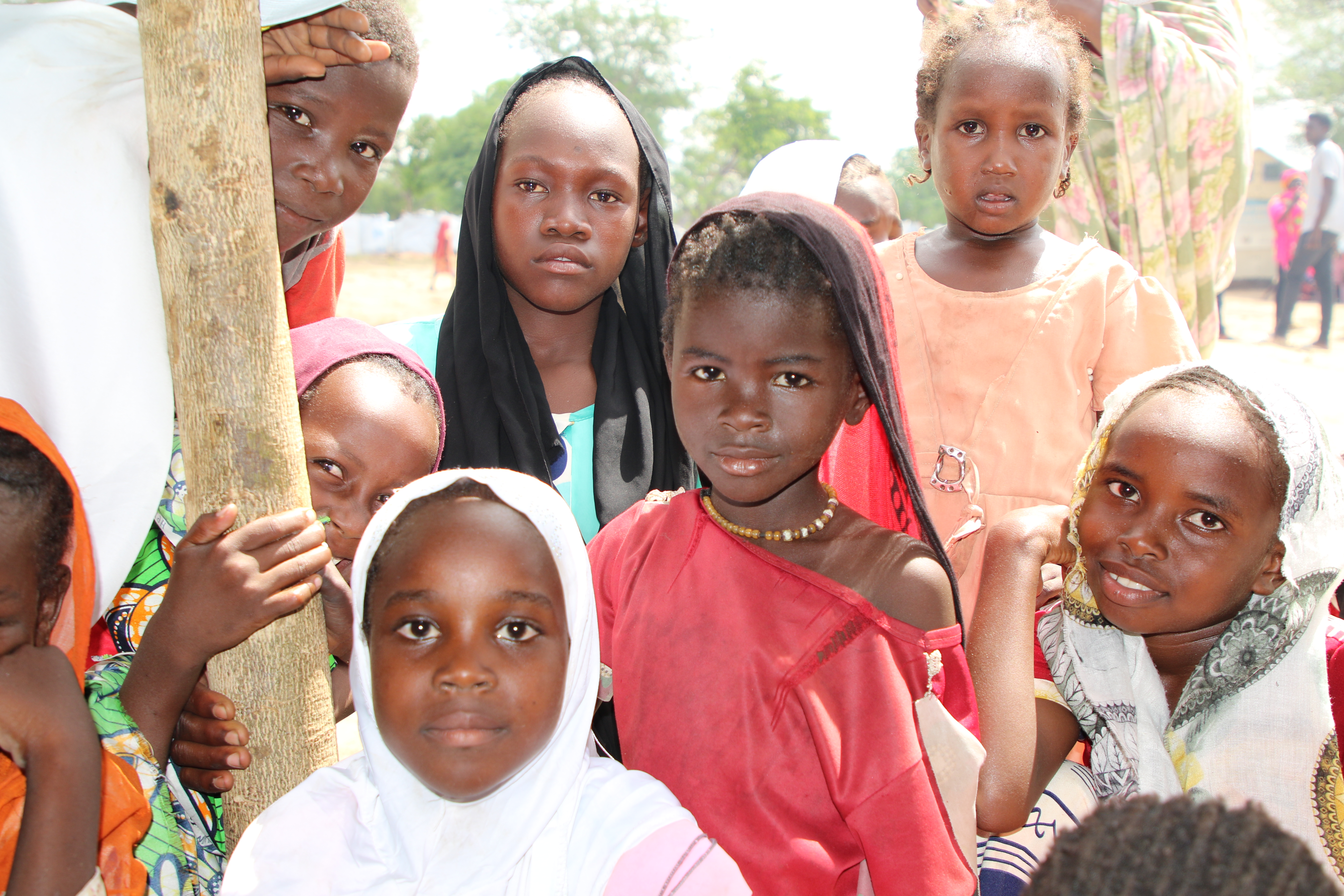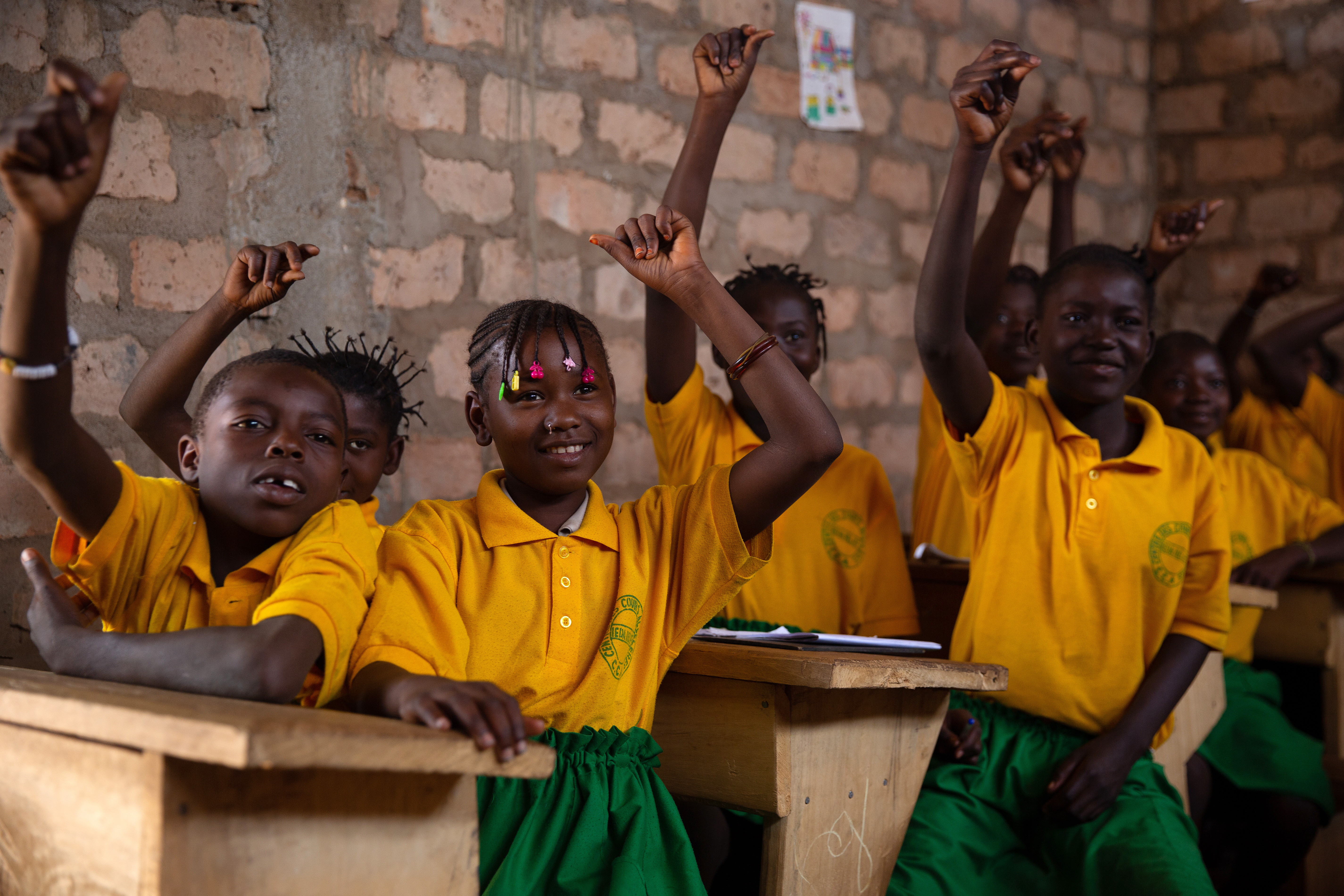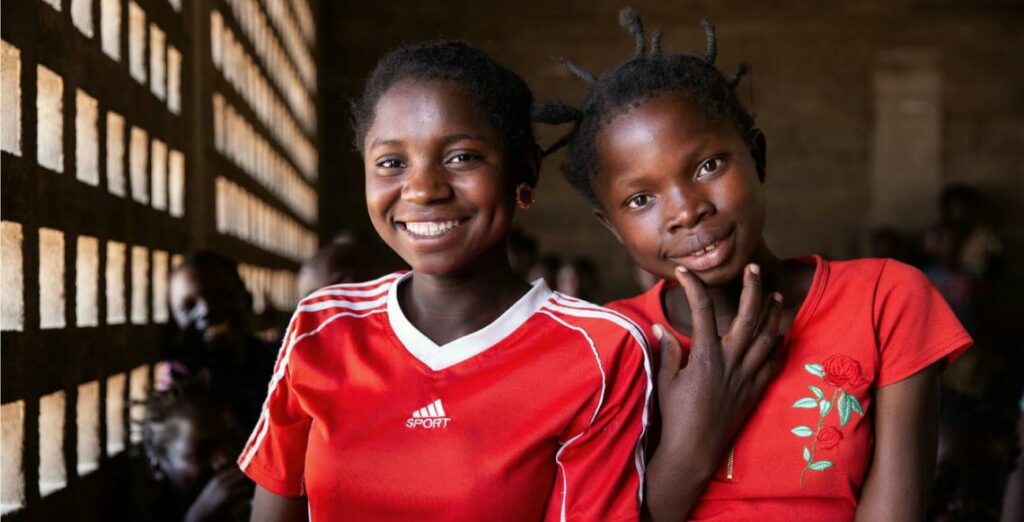The Government of Central African Republic, Education Cannot Wait, and a Wide Coalition of Donors and Partners Launch US$77.6 Million Education Programme for 900,000 Children

The government of central African republic, education cannot wait, and a wide coalition of donors and partners launch US$77.6 million education Programme for 900,000 children
With a catalytic US$6.5 million in seed funding from education cannot wait, the Programme will be a ‘foundation of peace, security and economic development’
The Government of the Central African Republic and Education Cannot Wait launched a three-year education programme today that will reach an estimated 900,000 children – half of whom are girls – and address the violence and displacement that have left nearly half a million children out of school in the country.

“Education will build the foundation of peace, security and economic development for the people of the Central African Republic,” said Mr. Aboubakar Moukadas-Noure, Central African Republic Minister of Education. “By providing girls and boys with safe learning spaces, qualified teachers, learning materials, school meals, counseling support and other services, this bold and comprehensive programme signals a new age of progress in the Central African Republic. Our children deserve an education. If we are ever to end hunger, violence, displacement and poverty in our country, truly, their education cannot wait.”
The programme benefits from an initial investment of US$6.5 million for 2019-2020 from Education Cannot Wait, a new global fund for education in crisis. The fund is looking to catalyze US$1.8 billion by 2021 to address the needs of children in crisis-affected countries such as the Central African Republic.
Building on the successes of a 12-month US$6 million First Emergency Response financed by Education Cannot Wait, the programme seeks to mobilize US$77.6 million over the next three years. Education Cannot Wait has indicatively committed an additional US$6.5 million per year for the second and third years of the programme, dependent on successful results and availability of funds.
“The global community must step up to fund educational responses in the Central African Republic,” said Graham Lang, Senior Education Advisor at Education Cannot Wait. “The challenges to overcome for children in the country to have universal access to quality education may be immense. But the resilience of these children is even greater. Education is the key that can empower them to tap into this strength to realize their potential and become agents of positive change. Without education, there can be no sustainable recovery, reconciliation and peace.”
The Central African Republic (CAR) is one of the world’s most unstable countries. Widespread violence has had a heavy toll on the population, with one out of four Central African uprooted by the conflict and over two-third of the population in need of humanitarian assistance. Girls and boys are particularly affected, with reports of separated children, sexual violence, forced marriage and early pregnancies, and forced recruitment into armed groups. Since 2017, 89 attacks against schools have been reported while 20 per cent of schools remain closed.
“The programme will target displaced children and host communities with comprehensive efforts to increase access to education, improve retention and ensure education continuity, improve the quality of learning and teaching, and establish safe, protective and inclusive learning environments” Lang said.
As part of Education Cannot Wait’s efforts to strengthen links between humanitarian and development aid efforts, the programme connects actors from across the government, UN organizations, national and international NGOs and the private sector.
Key Facts & Figures on the Multi-Year Resilience Programme
- With transitional classes, the rehabilitation and construction of over 1000 classrooms, and the distribution of 320,000 school kits, the ECW investment in the overall multi-year programme seeks to get over 360,000 out of school children back in protective and safe learning environments, with the goal of reintegrating 90 per cent of the country’s out of school children into the formal education system.
- To reach children in remote locations, an innovative radio education programme is expected to reach around 300,000 girls and boys. It also looks to test cash transfer programmes and will connect with the World Food Programme to implement school feeding programmes in 35 schools.
- Without pay, most teachers have left their posts in CAR, and the educational system primarily relies on untrained community teachers, which comprise over half the teaching force. The programme will provide training and incentives to 12,000 teachers – 35 per cent of whom are female – with the goal of providing better education, keeping children in school and equipping teaching personnel to help children deal with the scars of war, violence and displacement.
- Only one in four girls in CAR are considered literate. The programme seeks to increase the participation of girls in formal and non-formal education by 5 per cent per year. Girls-only sanitary facilities and comprehensive campaigns on sexual education and girl’s rights are part of the programme’s overall efforts to get more girls back in school. The programme will also support 90,000 girls and boys in obtaining official documentation.
For Press Inquiries:
Anouk Desgroseilliers:
adesgroseilliers@un-ecw.org
+1-917-640-6820
Kent Page:
kpage@unicef.org
+1-917-302-1735



